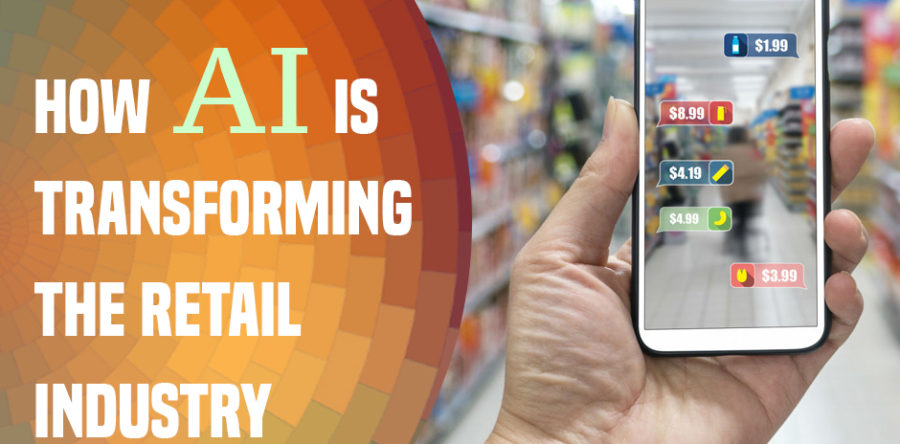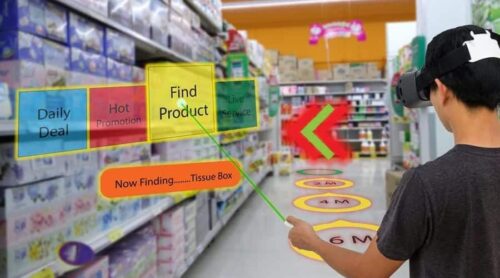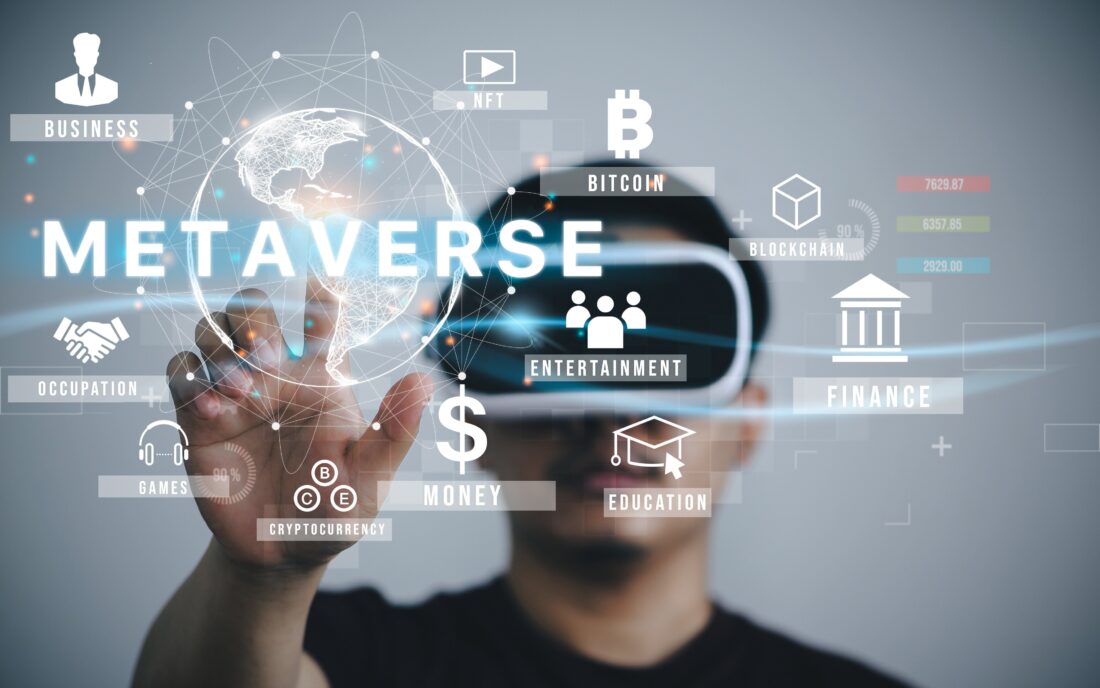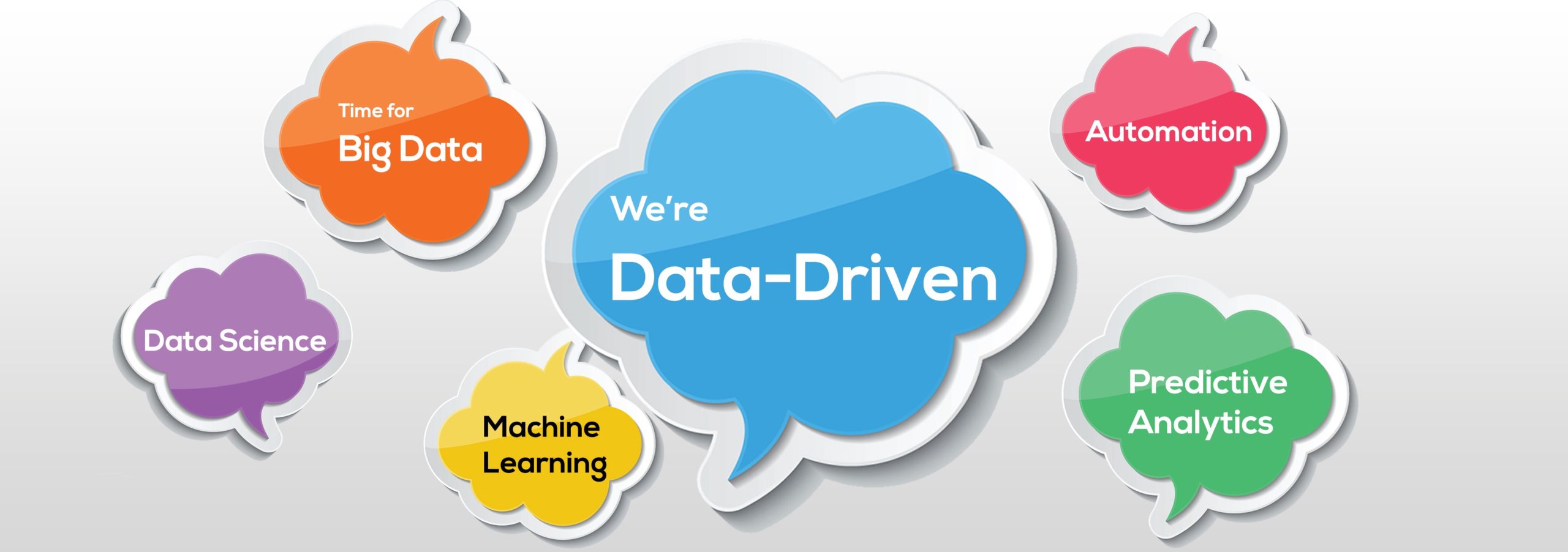Artificial Intelligence is becoming common place across major industries and retail is no exception. The retail industry is looking for ways to keep up with the times and many companies have started implementing AI technology across the entire product and service cycle – from assembly to post-sale customer service interactions. AI is used by major retailers not only to enhance customer experience but also for improved security.
Being in Riyadh, the capital city of Saudi Arabia for almost a decade, I have seen tremendous development in the way business is conducted. From street stores to Malls to online stores. Inventories are managed using Robots. Groceries ordered are delivered on same day with much accuracy. This kind of dramatic change would not be possible without using latest Artificial Intelligence technology.
conducted. From street stores to Malls to online stores. Inventories are managed using Robots. Groceries ordered are delivered on same day with much accuracy. This kind of dramatic change would not be possible without using latest Artificial Intelligence technology.
Shift towards Technology
Artificial intelligence (AI) is reinventing the retail landscape. From using computer vision to customize promotions in real time to applying machine learning for inventory management, retailers can harness AI to connect with their customers and operate more efficiently.
Running AI in the store itself offers advantages. For instance, AI Applications in hardware retail uses small robots to give directions and help customers navigate a large hardware store. Another example is makeup company Sephora, which now uses AI technology in many of its stores to scan customers’ faces and help them choose the perfect shade of blush, lipstick, or eyeliner without having to test multiple products. These Emerging Trendz are seizing the attention of customers due to innovative experience which were never experienced earlier.
AI makes it possible for retailers to produce faster, more accurate decisions. As mentioned earlier, the growth in online retail industry is well achieved using Machine learning algorithms, for example, consider hundreds of potentially demand-influencing factors when forecasting retail sales, something a human demand planner could never achieve. The application of AI in retail is not limited to demand forecasting. Retailers can reap even greater benefits by leveraging AI to optimize the full range of their operations.
Manage Supply Chain:
Supply chain planning is yet another important area where retail industry is using AI effective for replacing static safety stocks for fresh products with probability-based order optimization to capture how demand volume and uncertainty fluctuate throughout the course of a week. This enables fresh product retailers to optimize the trade-off between risk of waste and risk of lost sales. The effect of pandemic has pushed general public to accustom with online shopping even for groceries, fresh foods. Unless the demand is predicted with utmost certainty the retailers are bound to bear the losses. However, Thanks to AI for accurate predictions of demand for each product and manage supply chain effectively.
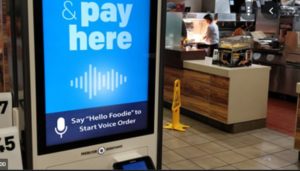 Self-Billing Kiosks:
Self-Billing Kiosks:
It is also worth to mention which I have seen in one of the retail giants like Hyper Panda which allows customers to use self-billing counters. The billing kiosk will let you to scan the products and make the payments using cards or either scan the barcode in your Apple watch.
Chatbots to assist with customer service:
AI chatbots provide 24*7 customer support without even interaction with representative. Chatbots even provide higher level of customer service, improve searching, send notifications about new collections, and suggest similar products. If a customer
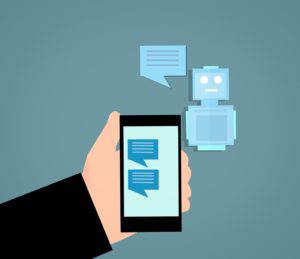
Food, grocery, department, footwear, and apparel stores are generally big supporters of AI innovations, with a variety of real-world use cases. Only 26% of AI/ML technology solutions in retail directly interact with customers; the remaining 74% work behind the scenes. Currently, the routine and monotonous tasks in operations are handled by use of AI. However, it safe to say that these numbers will change as the technology evolves. not only operation but front-end or customer facing tasks will also be managed using Robots.
According to a recent survey, 73% of customers are encouraging brands to use their information to improve their personalized experiences during shopping. Customer service robots powered by AI are already capable of achieving that. Robots could recognize a regular shop visitor and provide personalized recommendations on the spot. Similarly chatbots can do the same online. For instance, If a customer has bought a shoe, a chatbot can suggest a socks without even to search separately.

